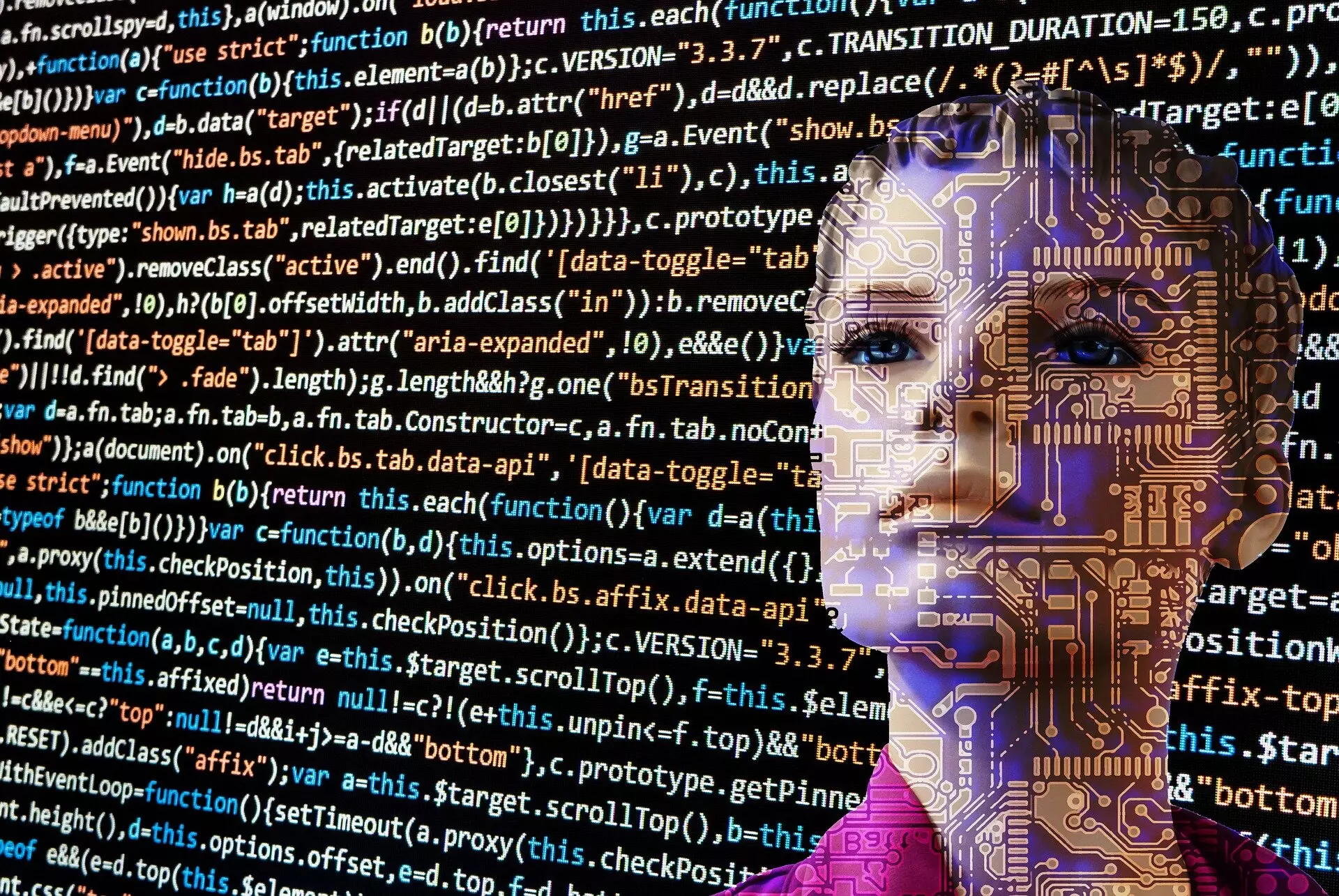Generative AI is revolutionizing the field of artificial intelligence by breaking free from predetermined rules and patterns. Unlike its traditional counterparts, generative AI has the ability to produce novel content such as text, video, images, and music. This marks a significant shift in AI capabilities, enabling it to think outside the box and create new possibilities. The implications of this advancement are profound and far-reaching, with the potential to reshape virtually every aspect of society.
When discussing the impact of AI on society, the conversation often revolves around whether it will bring more positive or negative consequences. However, new research from an international team suggests that recognizing the paradoxes of AI can provide a clearer picture of its risks and potential benefits. The study focused on four key areas: information, work, education, and healthcare, highlighting both the opportunities and challenges that generative AI presents.
One of the key promises of generative AI is its potential to enhance human capabilities rather than replace them. This could lead to a reversal of the trend of “skill-biased technological change,” where more educated workers benefit at the expense of less-educated workers. Studies have shown that AI tools like chat assistants and programming aids can significantly boost productivity and job satisfaction, especially for those with less advanced skills. However, access to these technologies must be equitable to prevent further widening of existing inequalities. Without investment in digital infrastructure and skills, certain populations may be left behind.
Generative AI has the power to transform educational settings by providing personalized instruction and support through technologies like chatbot tutors. This dynamic approach to learning can adapt to individual student needs in real-time, reducing the need for constant teacher intervention. However, the implementation of these technologies must be carefully managed to avoid introducing biases and perpetuating existing inequalities. Gender disparities in technology usage, for example, could have long-term effects on academic achievement and workforce opportunities.
In the field of medicine, generative AI has the potential to augment human capacities by guiding practitioners in diagnosis, screening, prognosis, and triaging. By integrating human judgment with AI capabilities, medical care could become more accessible and affordable. However, there are concerns about over-reliance on AI, as studies have shown that expert physicians may not always benefit from AI assistance. Balancing the integration of AI to supplement human expertise, rather than replace it entirely, is crucial for maintaining quality healthcare practices.
One of the most pressing issues surrounding generative AI is its potential to exacerbate the spread of misinformation. While AI can personalize online content and improve user experiences, it also has the ability to be exploited for surveillance capitalism. Mass collection of personal data and the creation of deepfakes pose significant threats to societal stability. Regulatory frameworks must address these challenges by balancing AI innovation with social equity and consumer protection. This includes implementing measures to prevent the spread of AI-generated misinformation and safeguarding personal privacy.
As we navigate this critical historical moment, the decisions we make regarding AI will have lasting global implications. It is up to policymakers, researchers, and individuals alike to ensure that AI is used responsibly and ethically. By prioritizing social equity, consumer protection, and human-complementary AI research, we can steer the course towards a positive future for humanity. Each of us has a role to play in shaping the impact of generative AI on society, with the potential to either harness its benefits for the greater good or risk its misuse for harmful purposes.


Leave a Reply
You must be logged in to post a comment.